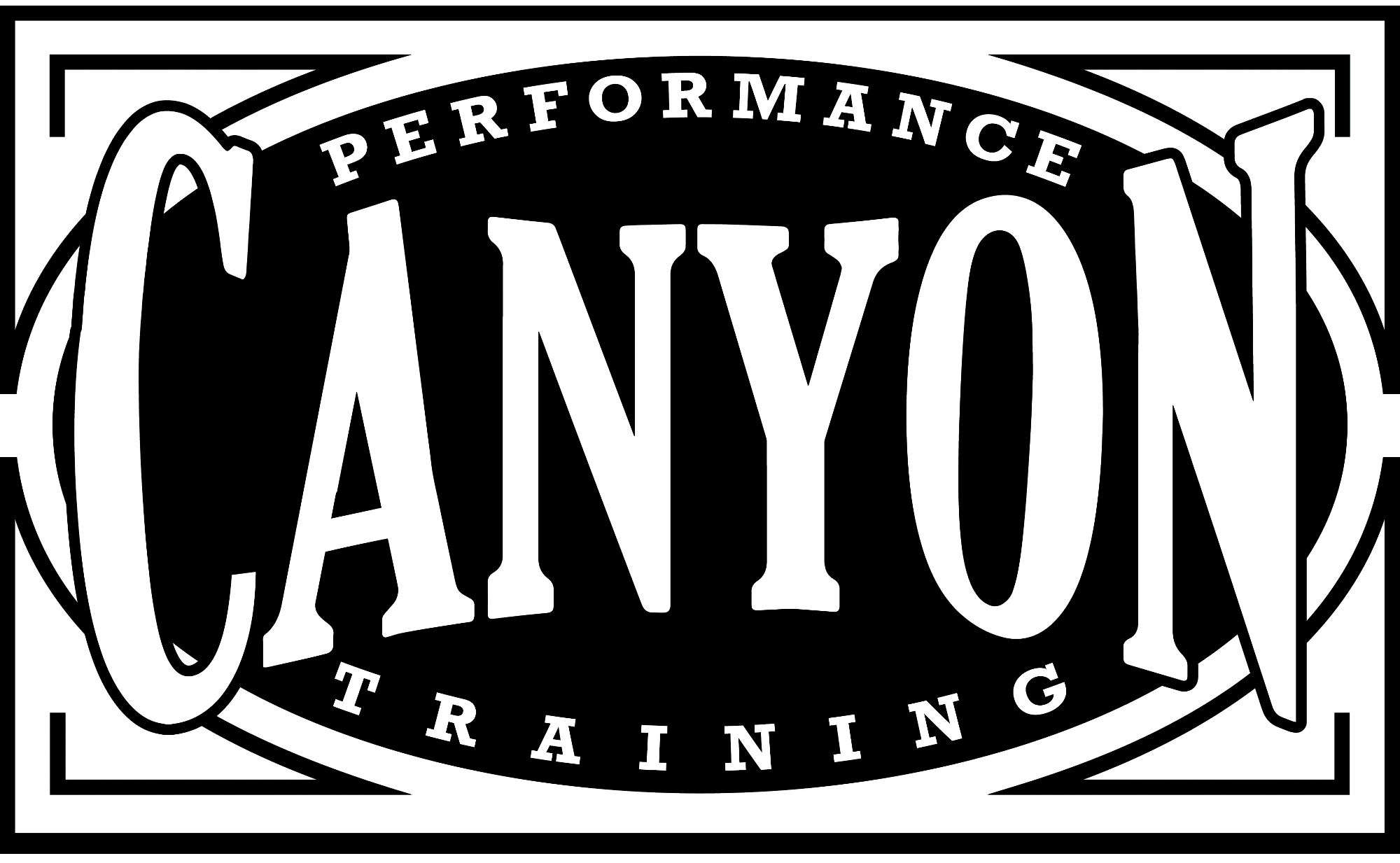 When it comes to effective youth athletic training, leading-edge science and experienced coaches are necessary, but they’re not sufficient unless the culture of the environment promotes a positive attitude and inspire the athlete to hard work and dedication. One key feature of that culture is mutual respect. During sports performance training I expect a high work-rate from the athletes, and I feel responsible to give them a model of dedicated commitment in my own job.
When it comes to effective youth athletic training, leading-edge science and experienced coaches are necessary, but they’re not sufficient unless the culture of the environment promotes a positive attitude and inspire the athlete to hard work and dedication. One key feature of that culture is mutual respect. During sports performance training I expect a high work-rate from the athletes, and I feel responsible to give them a model of dedicated commitment in my own job.
Building mutual respect starts with not just the athlete but also the coach being prepared for the workout. Each week, I look at each session and make notes about what we want to accomplish for that day. The notes might be anything from “Make this a fun day” to “Change to Phase 2.” I then mark blocks of time in my calendar for specific planning or adjustments at least 24 hours before the workout. This allows for unexpected distractions and keeps me from feeling rushed.
Mutual respect also comes from coaching each athlete as an individual. I often have two or three training sessions back to back. Ten minutes before the first session, I go through my mental checklist. I think about each athlete and make a mental note of any specific questions, comments, or instructions I have for them. I keep a small notebook with me and jot down some of the more important details. This keeps me focused during the training session. Some other performance coaches do more photos, tweets, and social media interaction than I do. When I am with the athletes, I am focused on the athletes. Occasionally, I will remember to do some marketing, but my priority is the person or group in front of me.
A coach’s job does not end when he steps off the field or out of the weight room. A good coach looking earn the respect of his athletes shows an interest in them as people outside of the sports environment. It could be answering a question via email they are afraid to ask in front of the group. It might be as simple as attending a musical or graduation party, or as complicated as meeting with parents and athletes to discuss concerns, goals, or expectations. Each athlete needs different levels and types of personalized attention. I strive to reach each athlete and give them the best possible experience and relationship. Sometimes I don’t get it right. But as I ask of the athletes I work with, I use that failure to learn and keep working at it until I achieve mastery.
This kind of preparation and personalized attention creates a culture where each athlete knows they are important and trusts that I put their wellbeing first. This boosts their confidence, inspires their focus, and gives them a reason to work harder. They see that I am on their side, working as hard as I can for their success just as I expect them to do.

